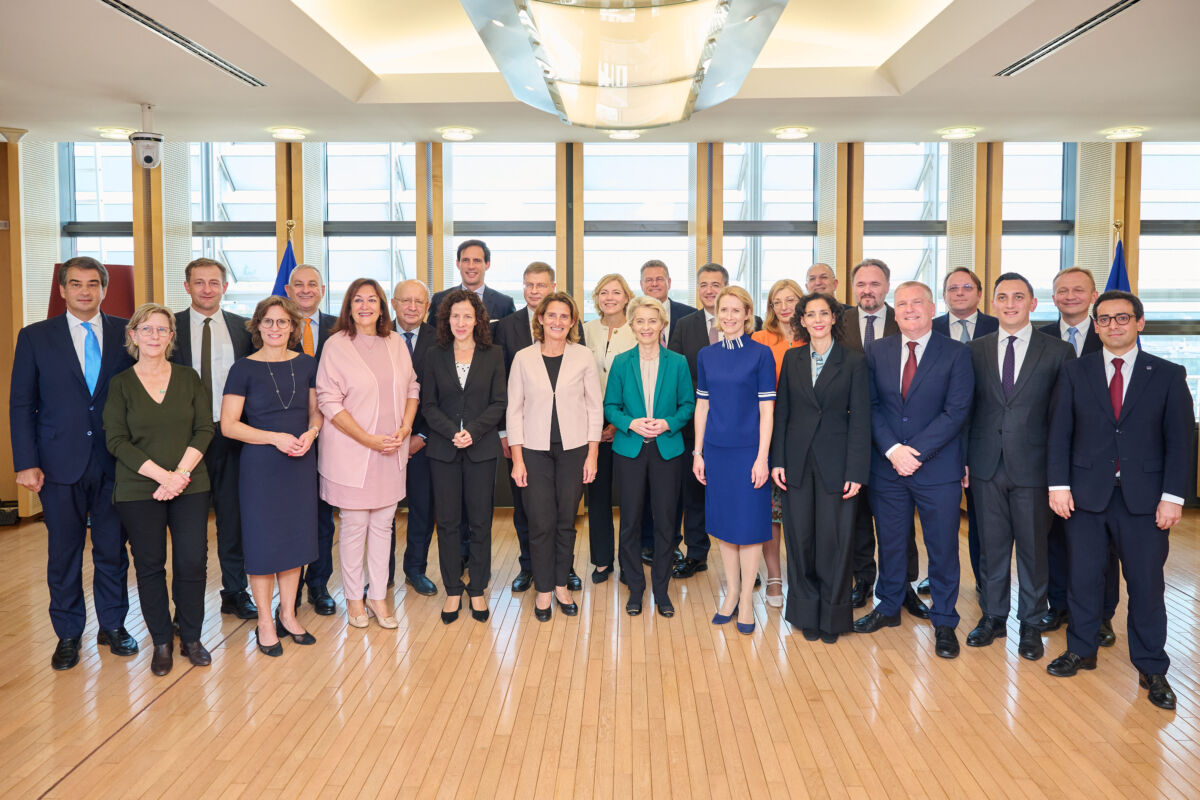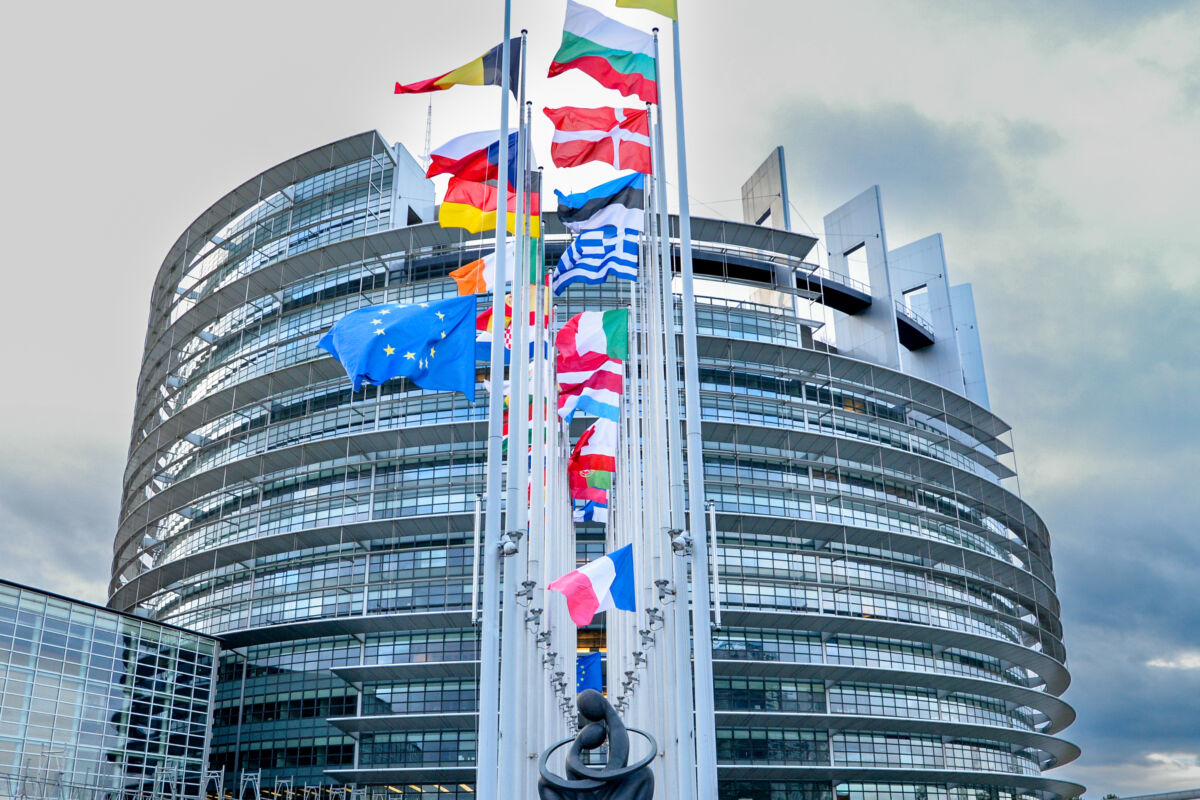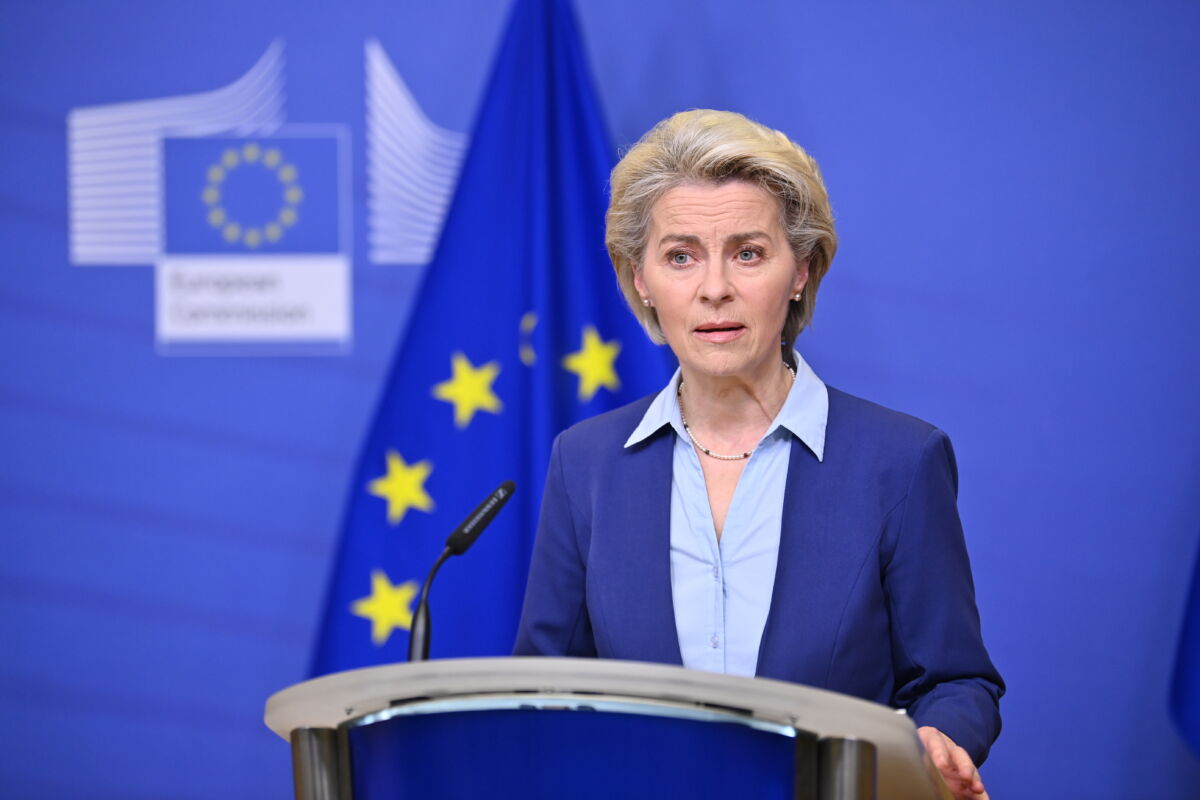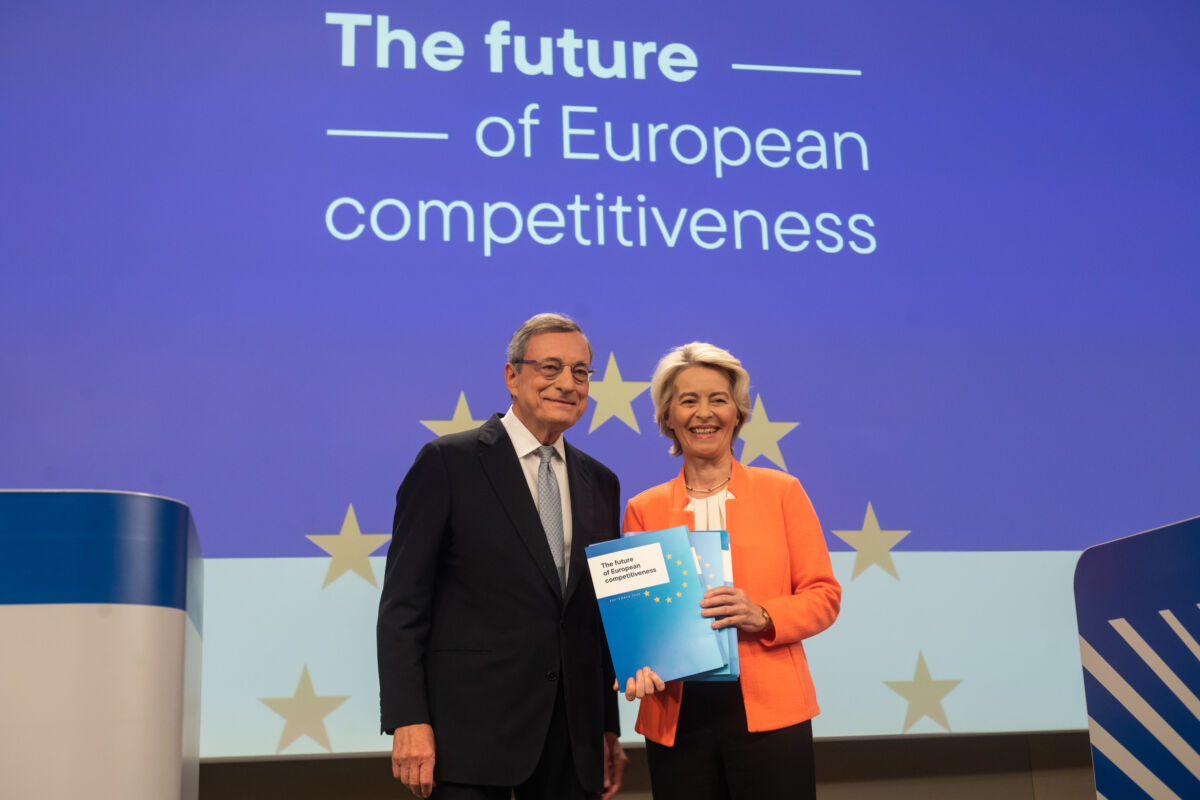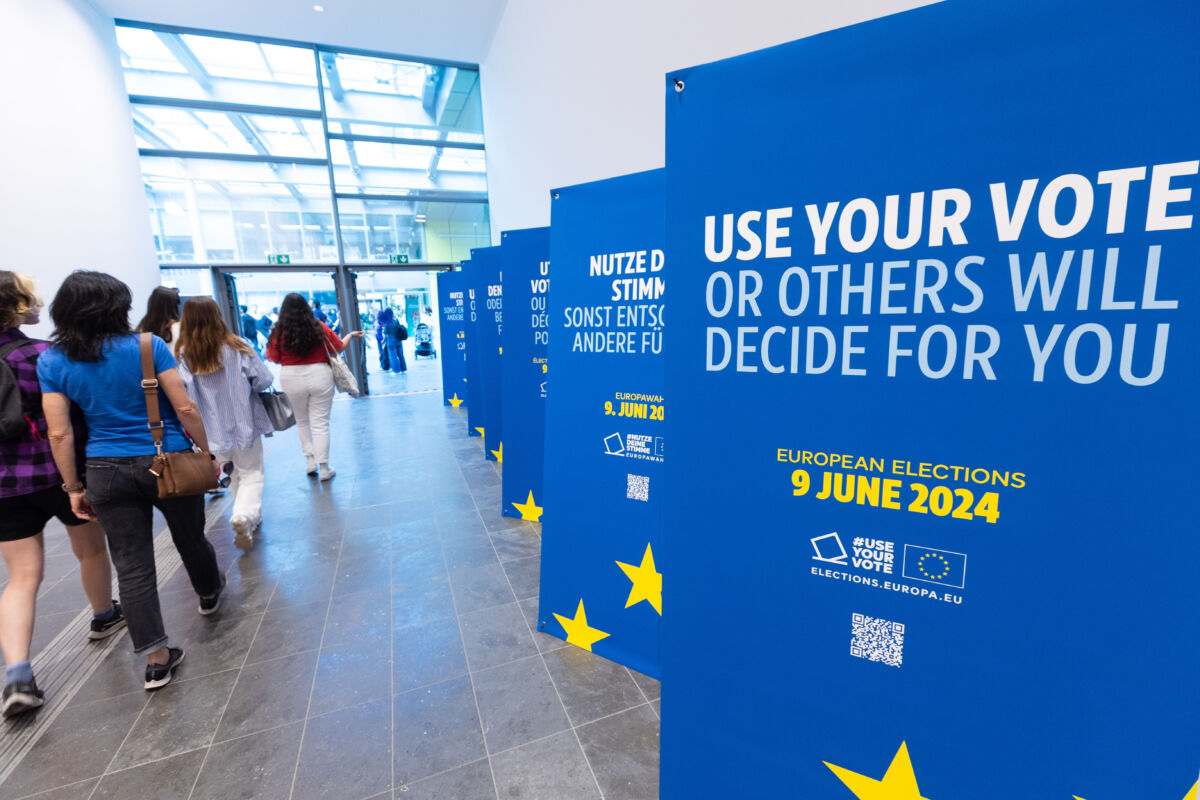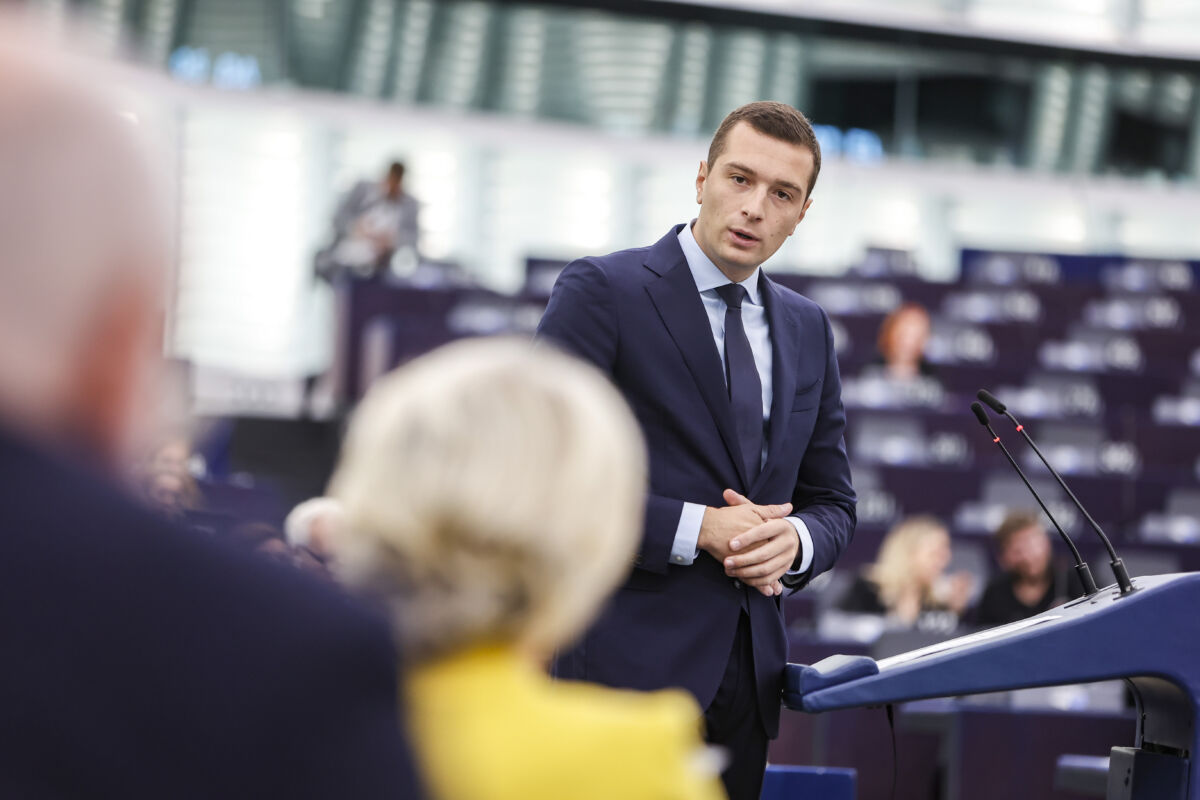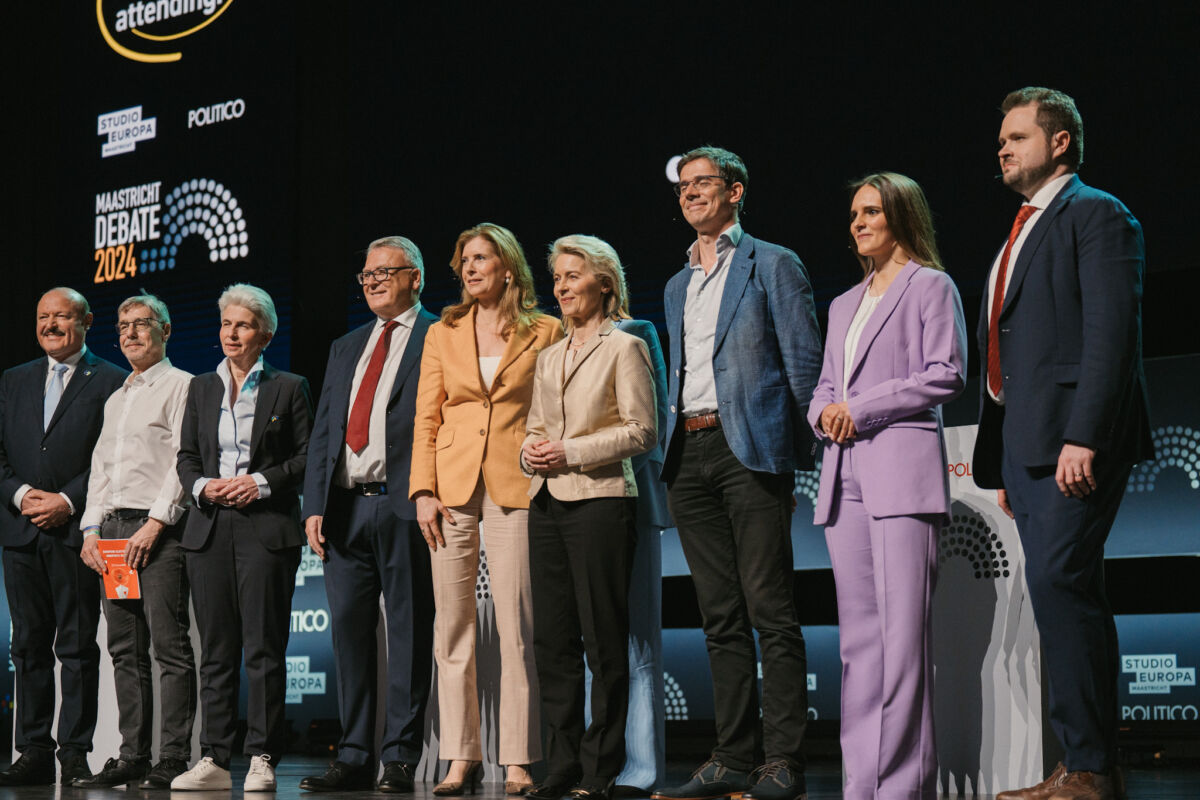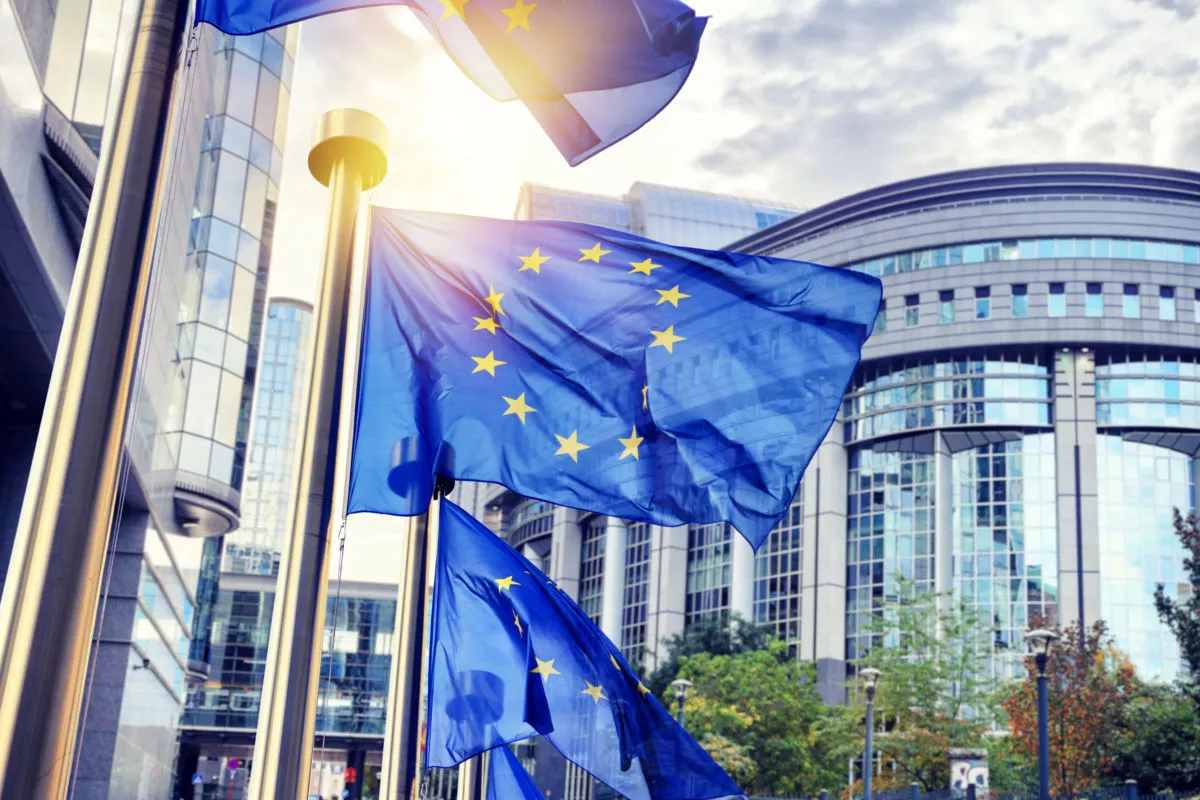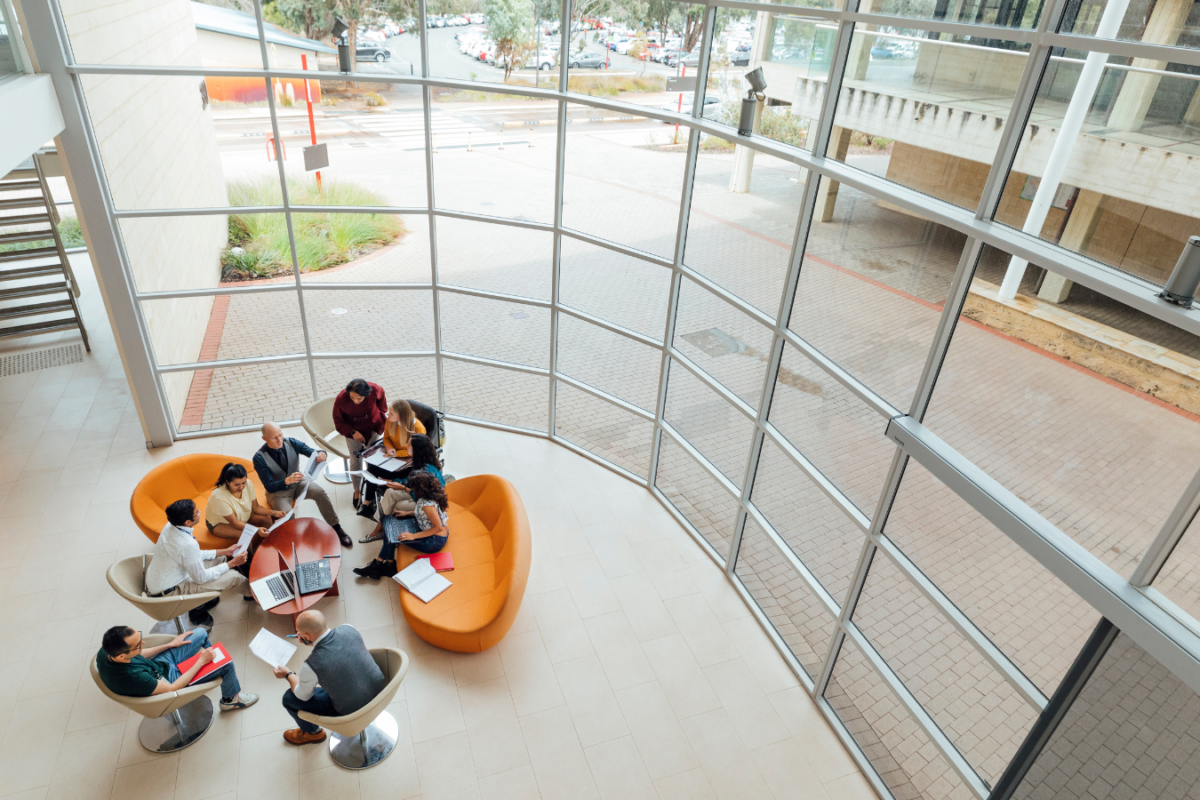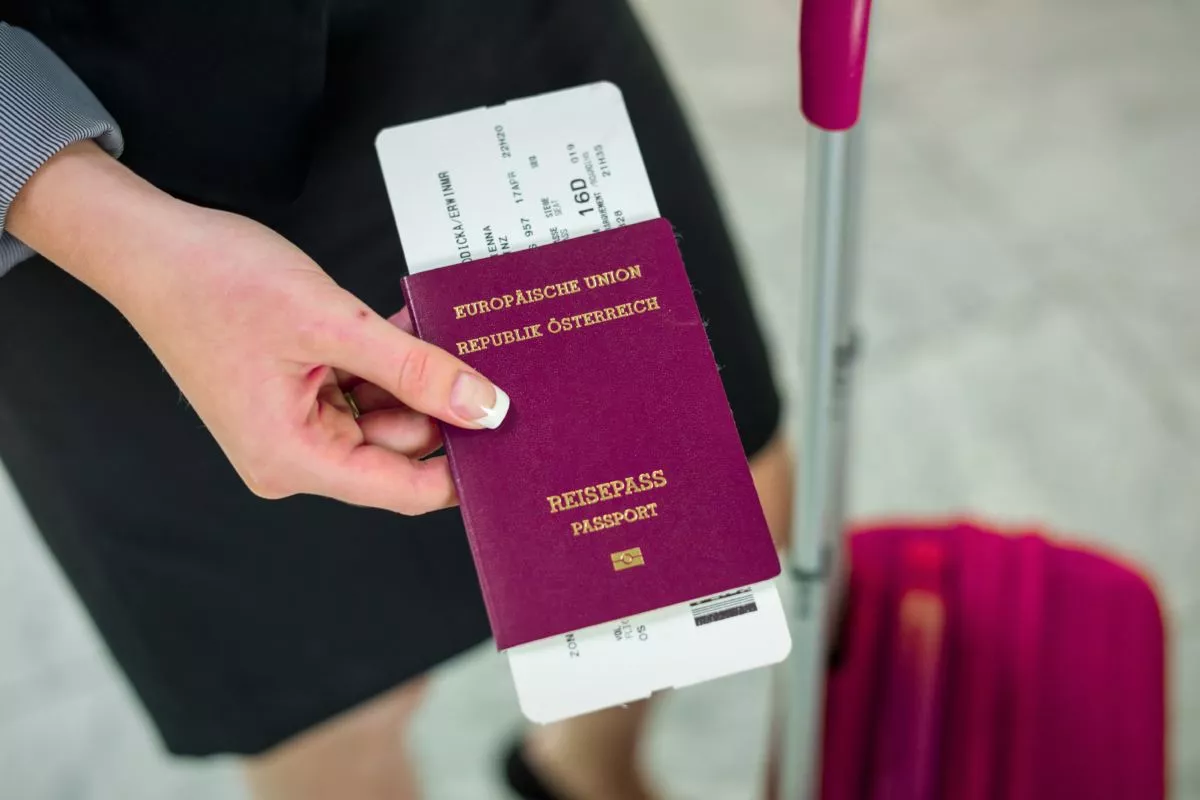- Home
- Research
- CEPS Topics
- CEPS Topics
- CEPS Topics
- CEPS Units
- Publications
- Events
- Activities
- Overview
- Programmes
- Membership
- Expert commentaries
EU institutions and policymaking
Related Events
Here are the latest events related to this topic.
Event is over
Whose democracy? EU citizen participation between promise and politics
EU institutions and policymaking
When
Where
This in-person event is free and open to the public but registration is mandatory.
Members-only webinar is over
European Council, March 2025: security, competitiveness and the next MFF
EU institutions and policymaking
When
Participation in this event is exclusive to CEPS members. If you are part of a member organisation and wish to participate, please contact [email protected]
In-person event is over
Presidential and political? A new College of Commissioners coming in
EU institutions and policymaking
When
Where
This in-person event is free and open to the public but registration is mandatory.
Webinar is over
The US elections and an uncertain future: implications for the EU
Foreign and security policy,EU institutions and policymaking
When
Where
This webinar is free and open to the public but registration is mandatory.
Member-only webinar is over
European Council, October 2024: Ukraine, Middle East and migration
EU institutions and policymaking
When
Participation in this event is exclusive to CEPS members. If you are part of a member organisation and wish to participate, please contact [email protected]
Webinar is over
The rise of the far-right in the EU: what, why and how?
EU institutions and policymaking
When
This webinar is free and open to the public but registration is mandatory.
Members-only webinar is over
European Council, June 2024: next institutional cycle and enlargement
EU institutions and policymaking
When
Participation in this event is exclusive to CEPS members. If you are part of a member organisation and wish to participate, please contact [email protected]
When
Participation in this event is exclusive to CEPS members. If you are part of a member organisation and wish to participate, contact [email protected]
In-person event is over
The EP elections: views from the Member States
EU institutions and policymaking
When
Where
This in-person event is free and open to the public but registration is mandatory.
In-person event is over
The European Parliament elections: critical coalitions, transparency troubles, and prime picks
EU institutions and policymaking
When
Where
This in-person event is free and open to the public but registration is mandatory.
Hybrid Event is over
A right-wing surge in the European Parliament: are we crying wolf?
EU institutions and policymaking
When
Where
Due to overwhelming demand, in-person registrations for this event have closed. A live stream will be available via the CEPS YouTube channel.
Webinar is over
European Council, March 2024: Security and defence, enlargement and migration
EU institutions and policymaking
When
Participation in this event is exclusive for CEPS members. If you wish to participate, contact [email protected]
Webinar is over
European Council, December 2023: Enlargement and defence
EU institutions and policymaking
When
Participation in this event is exclusive for CEPS members. If you wish to participate, contact [email protected]
In-person event is over
CEPS-SWP High-Level Group on Bolstering EU Democracy
EU institutions and policymaking
When
Where
This event is free and open to the public, but you must register to gain access to the meeting.
In-person event is over
Populist Parties and Democratic Resilience: How can the EU and its member states prevent populist parties from turning against democracy?
EU institutions and policymaking
When
Where
This in-person event is free and open to the public but registration is mandatory.
Webinar is over
The Future of Europe: From Conference to Convention?
EU institutions and policymaking
When
This webinar will take place via ZOOM and is free and open to the public, but registration is mandatory. Once registered, you will receive instructions on how to join this event.
Hybrid Event is over
Rethinking the EU’s role in global governance – Key pathways from the TRIGGER project
AI, digitalisation and innovation,EU institutions and policymaking
When
Where
This hybrid event is free and open to the public but registration is mandatory. Once registered, you will receive instructions on how to join this event virtually.
Webinar is over
Leveraging the EU’s “power surplus” in trade and regulation
Trade,Foreign and security policy,EU institutions and policymaking
When
This event will take place via ZOOM and is free and open to the public, but registration is mandatory. Once registered, you will receive instructions on how to join this event.
When
Where
Free participation in our meetings is a benefit of CEPS membership. Non-members may be admitted for Euro 50, paid in cash at registration. Representatives from the European institutions (Commission – Parliament – Council – EEAS – Committee of the Regions - CESE) & members of the press benefit from free entrance, too.
Lunch Time Meeting is over
How to Run a Digital Parliamentary Election Campaign
EU institutions and policymaking
When
Where
Participation in this event is exceptionally free of charge. A sandwich lunch will be served from 12.30 onwards.
When
Where
Free participation in our meetings is a benefit of CEPS membership. Non-members may be admitted for Euro 50, paid in cash at registration. Representatives from the European institutions (Commission – Parliament – Council – EEAS – Committee of the Regions - CESE) & members of the press benefit from free entrance, too. A sandwich lunch will be served from 12.30 onwards.
When
Where
Free participation in our meetings is a benefit of CEPS membership. Non-members may be admitted for Euro 50, paid in cash at registration. Representatives from the European institutions (Commission – Parliament – Council – EEAS – Committee of the Regions - CESE) & members of the press benefit from free entrance, too. A sandwich lunch will be served from 12.30 onwards.
Lunch Time Meeting is over
Hard Brexit: should we care?
Economic and monetary affairs,EU institutions and policymaking
When
Where
Participation in this event is exceptionally free of charge. A sandwich lunch will be served from 12.30 onwards.
Lunch Time Meeting is over
Regional cooperation and EU decision-making
EU institutions and policymaking
When
Where
Participation in this event is exceptionally free of charge. A sandwich lunch will be served from 12.30 onwards.
When
Where
Free participation in our meetings is a benefit of CEPS membership. Non-members may be admitted for Euro 50, paid in cash at registration. Representatives from the European institutions (Commission – Parliament – Council – EEAS – Committee of the Regions - CESE) & members of the press benefit from free entrance, too. A small breakfast will be served from 09.30 onwards.
Debate is over
Future of Europe
EU institutions and policymaking,Finance,Economic and monetary affairs
When
Where
Free participation in our meetings is a benefit of CEPS membership. Non-members may be admitted for Euro 50, paid in cash at registration. Representatives from the European institutions (Commission – Parliament – Council – EEAS – Committee of the Regions - CESE) & members of the press benefit from free entrance, too. A sandwich lunch will be served from 12.30 onwards.
When
Where
Free participation in our meetings is a benefit of CEPS membership. Non-members may be admitted for Euro 50, paid in cash at registration. Representatives from the European institutions (Commission – Parliament – Council – EEAS – Committee of the Regions - CESE) & members of the press benefit from free entrance, too. A sandwich lunch will be served from 12.30 onwards.
Conference is over
Are EU institutions ready for transboundary crises?
EU institutions and policymaking
When
Where
Participation in this event is free of charge.
When
Where
Participation in this event is exceptionally free of charge. A sandwich lunch will be served from 12.30 onward.
When
Where
This event is free of charge.
When
Where
Participation in this event is exceptionally free of charge. A sandwich lunch will be served from 12.30 onwards.
When
Where
Participation in this event is exceptionally free of charge.
When
Where
Free participation in our meetings is a benefit of CEPS membership. Non-members may be admitted for Euro 50, paid in cash at registration. Representatives from the European institutions (Commission – Parliament – Council – EEAS – Committee of the Regions - CESE) & members of the press benefit from free entrance, too. A sandwich lunch will be served from 12.30 onwards.
When
Where
Free participation in our meetings is a benefit of CEPS membership. Non-members may be admitted for Euro 50, paid in cash at registration. Representatives from the European institutions (Commission – Parliament – Council – EEAS – Committee of the Regions - CESE) & members of the press benefit from free entrance, too. A sandwich lunch will be served from 12.30 onwards.
Related Expert commentaries
Here are the latest items related to this topic.
Germany went to the polls last Sunday and the conservative CDU came first, followed by the far-right AfD. Upcoming coalition…
The EU should stick to its course, pursue the Green Deal and complete the single market. It needs to demonstrate…
The European Parliament (EP) hearings for the new Commissioners are now over. After some last-minute drama and a little delay,…
While in some EU Member States, there is still a firewall against the far right, at the European level, cooperation…
Tackling Europe’s economic decline, preparing and adapting for a new wave of enlargement and defending Europe’s geopolitical position… the new…
Landing on Ursula von der Leyen’s desk just as she’s putting together the new College of Commissioners, the long-awaited report…
On the run up to the European Parliament (EP) elections, many observers were fearful that we were about to experience…
Sunday's European elections stunned Europe as far-right parties surged in France. The National Rally is set to claim about 31%…
Few things seem certain in life – death, the constant rain in Brussels and the far-right surge in the European…
The lead candidate (or Spitzenkandidaten) procedure is where the European political parties appoint their lead candidates on the understanding that…
Hungarian women have it tough. Recently, the two highest-positioned female members of the Hungarian government, President Katalin Novák and former…
Anyone know a good dentist? ‘It’s toothless’. The European Commission’s proposal for an inter-institutional ethics body needs a dentist. This…
Related Publications
Here are the latest publications related to this topic.
A critical first response to Mario Draghi’s competitiveness report
What it says, what it means - and is it feasible?
A battle against time – and against Putin’s Russia
What should be the next steps in the EU's enlargement agenda for the Western Balkans?
The 2023 Enlargement Package
Major political proposals and glimmers of a staged accession approach
Sectoral policy integration in advance of accession
An alternative or complement to the Staged Accession model?
The European Council and Council of the EU
What lessons from Covid-19 decision-making?
The end of an era
The Polish Constitutional Court’s judgment on the primacy of EU law and its effects on mutual trust
Related Projects
Here are the latest projects related to this topic.
The three-year project is aimed at enhancing CEPS research activities in the fields of research and innovation (R&I) policy, women’s…
The Conference on the Future of Europe is a milestone in the history of the development of participatory democracy in…
This project is focused on the production of a thematic report on FP10, the future EU framework programme for research…
Structural reforms are changes that modify - in a lasting way - the structure of the economy and the institutional…
In the EU context, performance budgeting has risen in prominence, both in the management and control of spending from the…
The EU-funded EUSOCIALCIT project reviews policies to boost European social citizenship. It develops a resource-based, multi-level concept of social rights…
The ASILE project studies the interactions between emerging international protection systems and the United Nations Global Compact for Refugees (UN…
This six-year project, which started in April 2015 for three years and was followed by a second edition of another…
The ultimate objectives of TRIGGER are to provide EU institutions with knowledge and tools to enhance their actorness, effectiveness and…
The scope of this evaluation is to assess to what extent: 1) The objectives of the economic adjustment programmes and…
RRRG is a research project backed by a high level group of experts (EU institutions, national governments and academics). It…
The project aims to (i) provide a consistent, comprehensive and transparent understanding of the global RE supply chain; (ii) identify…
Seismic changes in global geopolitics, the rapid rise of global production networks, increasing disputes surrounding trade integration initiatives and challenges…
CEPS was charged with ‘Task 3: Assessing the level of awareness about restrictive measures among stakeholders and propose improvements’. As…
As a tide of popular discontent sweeps the continent new political battle lines are being drawn between those who believe…
The Centre for European Policy Studies (CEPS) provided academic support to the French Financial Markets Association (AMAFI) in elaborating policy…
The goal of the research project is to develop and test a monitoring tool to assess occurrence, impact and pass-through…
The project aims at raising awareness about the European Cohesion Policy in South Europe through the realization of a global…
The Impact of Euroscepticism in the construction of Europe is a project under the EU program Europe for Citizensinvolving five cities, namely Gijón (Spain), Nüremberg…
The purpose of the study is to assess how national options and discretions under the DGSD are implemented in practice,…
This paper discusses from a legal perspective how, over the past years, the SRB has performed against the main goals…
The project unpacked EU crisis response mechanisms, with the aim to increase their conflict sensitivity and efficiency. By combining bottom–up…
This paper addressed two distinct yet interconnected problems. The first is whether the provision of Emergency Liquidity Assistance (ELA) on…
The EU-CIVCAP project provided a comprehensive, comparative and multidisciplinary analysis of the EU’s capabilities in conflict prevention and peacebuilding in…
This study discusses the challenges concerning bank valuation reports in resolution. The resolution mechanism has three types of valuation reports,…
This document contains a proposal by the Centre for European Policy Studies (CEPS) for preparing an impact assessment of possible…
Drafting of a Policy brief for the European Parliament, INCOM Committee, on fake news. Fake news is certainly not a…
Bank failures have multiple causes though they are typically precipitated by a rapidly unfolding funding crisis. The European Union’s new…
The project provided new tools for fiscal policy design by incorporating the new EU fiscal rules regarding, e.g. government debt…
This paper defined critical banking functions and considers whether there is a need for further legal/regulatory clarification if liquidation is…
The first part of the paper considered the effects of pre-empting a resolution procedure for a troubled financial institution by…
This was a briefing commissioned by European Parliament, DG Internal Policies of the Union through a Negotiated Procedure No IP/D/CONT/IC/2017-038.…
European banks have accumulated more than €1 trillion in non-performing loans (NPLs) on their balance sheets after the burst of…
The Single Resolution Mechanism, which started in January 2016, must ensure that even the largest, most interconnected and complex bank…
The Bank Recovery and Resolution Directive (BRRD) foresees a minimum requirement for eligible liabilities and own funds (MREL) that banks…
The project encompasses three parts: 1. The preparation and conduct of a two-day simulation of a European Council meeting with…
The overarching aim of Mistra Carbon Exit is to develop societal pathways for the transformative change of the supply chains…
Related Task Forces
Here are the latest task forces related to this topic.
The EU has become increasingly democratic – not only with the introduction of direct elections to the European Parliament (EP)…
The European Union is at yet another defining moment in its integration history. The fragmentation of the Union will feature…



